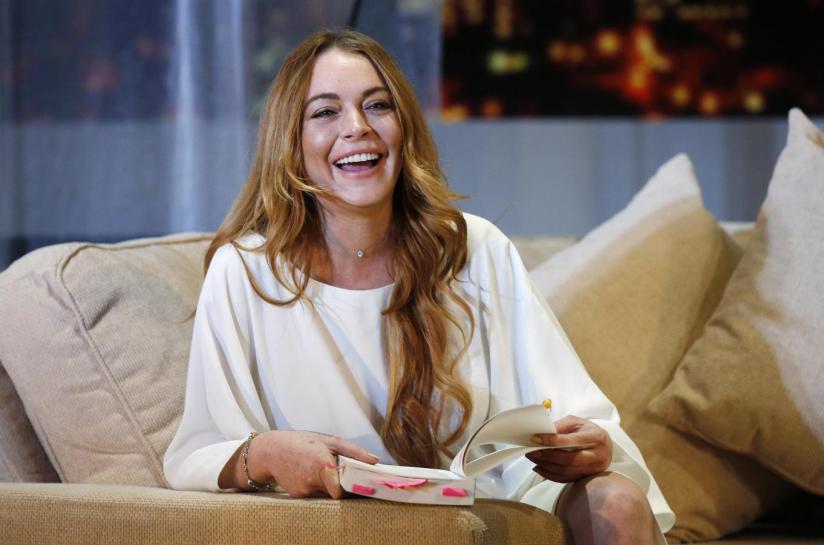
In May of this year, many of us rediscovered our love for the Palestinians. From politicians to celebrities, cricketers to media analysts, we were angry and upset. We wanted to tell the world that we cared deeply about Palestinian lives, and we were ready to do anything to help and support them. Charity drives were organised, and Edward Said was quoted and misquoted on social media. Terraces and cars were decorated with Palestinian flags and we proudly showed pictures of our kids with the Palestinian flag painted on their faces. We told the world that we were against injustice, against aggression, and because we cared for Palestinian lives.
But do we really?
Less than 200 miles north of Gaza is Shatila camp, one of the many Palestinian camps in Lebanon. Established in 1949, the camp is nearly as old as our country. It has housed tens of thousands of Palestinian refugees since its inception. More recently, Syrians and more Palestinians (who had been living in Syria until the civil war) have also arrived there. The camp is bursting at its seams. If you walk through the alleys you find the tiny streets full of urban wastewater, and if you look up you see necklaces of haphazard electrical wires around the necks of unstable dwellings. Shatila is just one of the many camps in Lebanon where Palestinians have been spending their lives in misery for decades, hoping for a different tomorrow.
Lebanon has been in the midst of a severe economic crisis in the last couple of years. A dollar that was worth about 1,500 Lebanese pounds two years ago is now worth nearly 20,000 Lebanese pounds. Bread, petrol and groceries are hard to find. Hospitals are emptying out not because no one is sick, but because there is no power and no medicines for the sick. The World Bank estimates that this may be among the worst crises to hit any country since 1850s. In the midst of this economic spiral, with no end in sight and no bottom, the Palestinian refugees are among the worst hit. They have been struggling for years without any formal documentation, exclusion from the workforce, abject poverty, discrimination and hyperinflation. Friends in Lebanon tell me that kids are dying not because they are in need of some advanced medicine, but because there is no aspirin for their fever.
The disproportionate impact of the Lebanese economic crisis on Palestinians is not a secret. Anyone who reads or cares about Palestinians would tell you stories of loss, suffering and pain. It is just we choose not to see or hear the real stories of Palestinians. A loss of a child for a parent can never be quantified, so why is our support for Palestinians contingent only when there are political points to be scored? We speak so passionately — as we should — when the death of a child is from a shrapnel, but why do we feign complete ignorance when it is because of lack of food or medicine? Is that loss any less important or less painful? Or could it be that we care more about the moment than the people? Could it be that we want to be seen on the right side of history, than be on the right side of humanity? Could it be that we care more about our tweets and pictures going viral, than saving Palestinians from a real virus?
I hope I am wrong, and that perhaps our actions will show that we do care about people and not just posturing. I can’t wait to see a charity campaign endorsed by our favorite celebrity, a tweet by our beloved politician, a statement by our most trusted media pundit to remind us that Palestinian lives matter, not just in May but in every month and in every country.
Published in The Express Tribune, August 10th, 2021.
Like Opinion & Editorial on Facebook, follow @ETOpEd on Twitter to receive all updates on all our daily pieces.



1732243059-0/mac-miller-(2)1732243059-0-165x106.webp)

1672385156-0/Andrew-Tate-(1)1672385156-0-165x106.webp)







COMMENTS (1)
Comments are moderated and generally will be posted if they are on-topic and not abusive.
For more information, please see our Comments FAQ